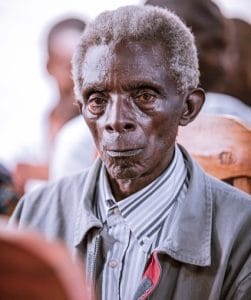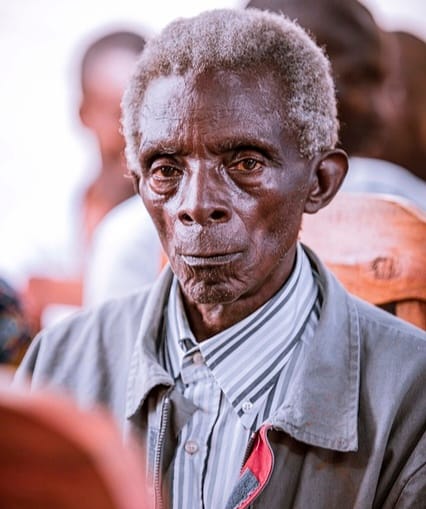Sicknesses:As we journey through life, it is inevitable that our bodies undergo various changes, including the aging process. With advancing age, individuals become more susceptible to certain health conditions.While not everyone will experience these ailments, it is essential to be aware of the potential health challenges that may arise with old age. In this article, we will explore 10 prevalent sicknesses that are commonly associated with aging.
1. Arthritis:
Arthritis is a condition characterized by inflammation and stiffness of the joints. It commonly affects older adults and can cause pain, limited mobility, and reduced quality of life. Osteoarthritis and rheumatoid arthritis are the most common types seen in the elderly.
2. Cardiovascular Diseases:
The risk of cardiovascular diseases, such as heart disease, hypertension, and stroke, increases with age. As blood vessels and heart muscles undergo changes over time, it is crucial to maintain a healthy lifestyle, including regular exercise, a balanced diet, and routine check-ups to mitigate these risks.

3. Dementia:
Dementia refers to a group of cognitive disorders that affect memory, thinking, and behavior. Alzheimer’s disease is the most common form of dementia, and its prevalence rises significantly with age. Early detection, cognitive exercises, and a supportive environment can help manage the symptoms and improve the quality of life for individuals with dementia.
4. Osteoporosis:
Osteoporosis is a condition characterized by a decrease in bone density and an increased risk of fractures. Aging, hormonal changes, and inadequate calcium and vitamin D intake contribute to its development. Regular exercise, a calcium-rich diet, and medications can help prevent and manage osteoporosis.
5. Diabetes:
Type 2 diabetes is more common in older adults due to factors such as reduced physical activity, weight gain, and insulin resistance. Proper management of blood sugar levels through diet, exercise, and medication is crucial in preventing complications associated with diabetes.
6. Cancer:
While cancer can affect individuals of all ages, the risk of developing certain types of cancer, such as breast, prostate, lung, and colon cancer, increases with age. Regular screenings, adopting a healthy lifestyle, and avoiding tobacco and excessive sun exposure can help reduce the risk of cancer.
7. Respiratory Diseases:
Chronic obstructive pulmonary disease (COPD), pneumonia, and other respiratory conditions become more prevalent in older adults. Lung function naturally declines with age, making the elderly more susceptible to respiratory infections and breathing difficulties. Avoiding smoking, maintaining good air quality, and getting vaccinated against respiratory illnesses are important preventive measures.
8. Depression:
Depression is not a normal part of aging, but older adults may face various life changes, such as retirement, loss of loved ones, and physical limitations, which can contribute to depressive symptoms. It is essential to recognize the signs of depression and seek appropriate support and treatment.
9. Vision and Hearing Impairment:
Age-related macular degeneration, cataracts, glaucoma, and hearing loss are common sensory impairments that affect older adults. Regular eye and hearing examinations, wearing appropriate eyewear, and hearing aids can help manage these conditions and enhance overall well-being.
10. Parkinson’s Disease:
Parkinson’s disease is a neurodegenerative disorder that affects movement, balance, and coordination. While it can develop at any age, the risk increases with advancing age. Medications, physical therapy, and lifestyle modifications can help manage symptoms and maintain quality of life.
Conclusion:
As we age, our bolies become more vulnerable to certain health conditions. Understanding the prevalent sicknesses associated with old age empowers individuals and caregivers to take proactive steps in managing these conditions. Regular medical check-ups, a healthy lifestyle, and a supportive environment play crucial roles in promoting healthy aging and enhancing the overall well-being of older adults.





